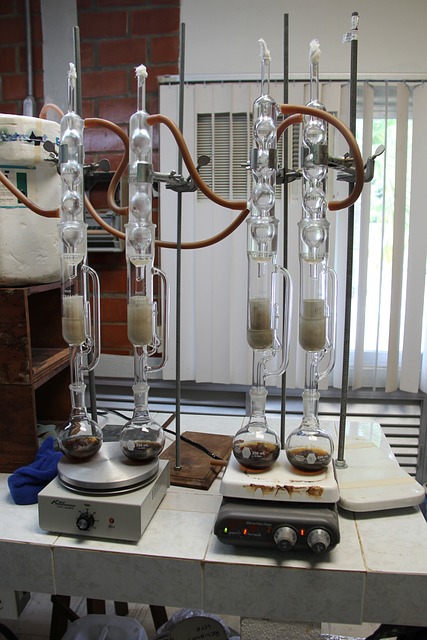Happy Friday Eve, Health Tech Readers.
📈 Situational awareness: Athenahealth CEO Bob Segert told The Boston Globe that the company is “ready to go public again if we so choose that path” — just three years after it was taken private.
1 big thing: VCs eye oncology tech
Illustration: Aïda Amer/Axios
Venture capital sees cancer care as the next frontier for health tech startups, according to a GSR Ventures survey.
Why it matters: Specialty health care has caught the attention of various investor classes — and as those providers grow, so does the need for tech enablement, Claire and Erin write.
- GSR, an early-stage health care-focused venture firm with $3.5 billion under management, interviewed 50 VCs on their 2023 predictions in a survey provided exclusively to Axios.
State of play: Over half of GSR’s respondents chose oncology as the most promising clinical startup sector. Existing players include:
- OncoLens, which facilitates data integration and collaboration among cancer specialists, last year raised $7.25 million in Series A funds.
- Jasper Health, makers of a cancer care coordination and experience platform, in February pulled in $25 million in Series A capital led by General Catalyst.
- OncoHealth, which helps payers, providers and patients navigate cancer care, secured an investment this year from Arsenal Capital and McKesson.
- Syapse, a cancer precision medicine tech company, last year collected $35 million in an Innovatus Capital Partners-led round.
Meanwhile, mental health was the second most promising clinical sector, with 37% of respondents choosing it.
Yes, but: Asked about the least promising clinical space for startups, 21% of respondents cited … mental health.
- It’s not necessarily a surprise, given some of the troubled growth stories of venture-backed mental health tech providers. (More on that below.)
By the numbers: Most respondents reported a significant decrease in valuation expectations from 2021 to 2022.
- That’s particularly true for Series B+ stage valuations, with 42.3% of respondents reporting that valuations have decreased by as much as 60%.
- Almost 39% of those surveyed were more conservative, estimating valuation expectations have fallen 20% to 40%.
Zoom in: Provider shortages were the dominant worry for most investors surveyed, followed by reimbursement changes.









